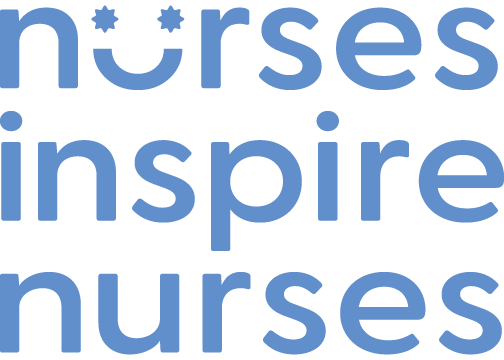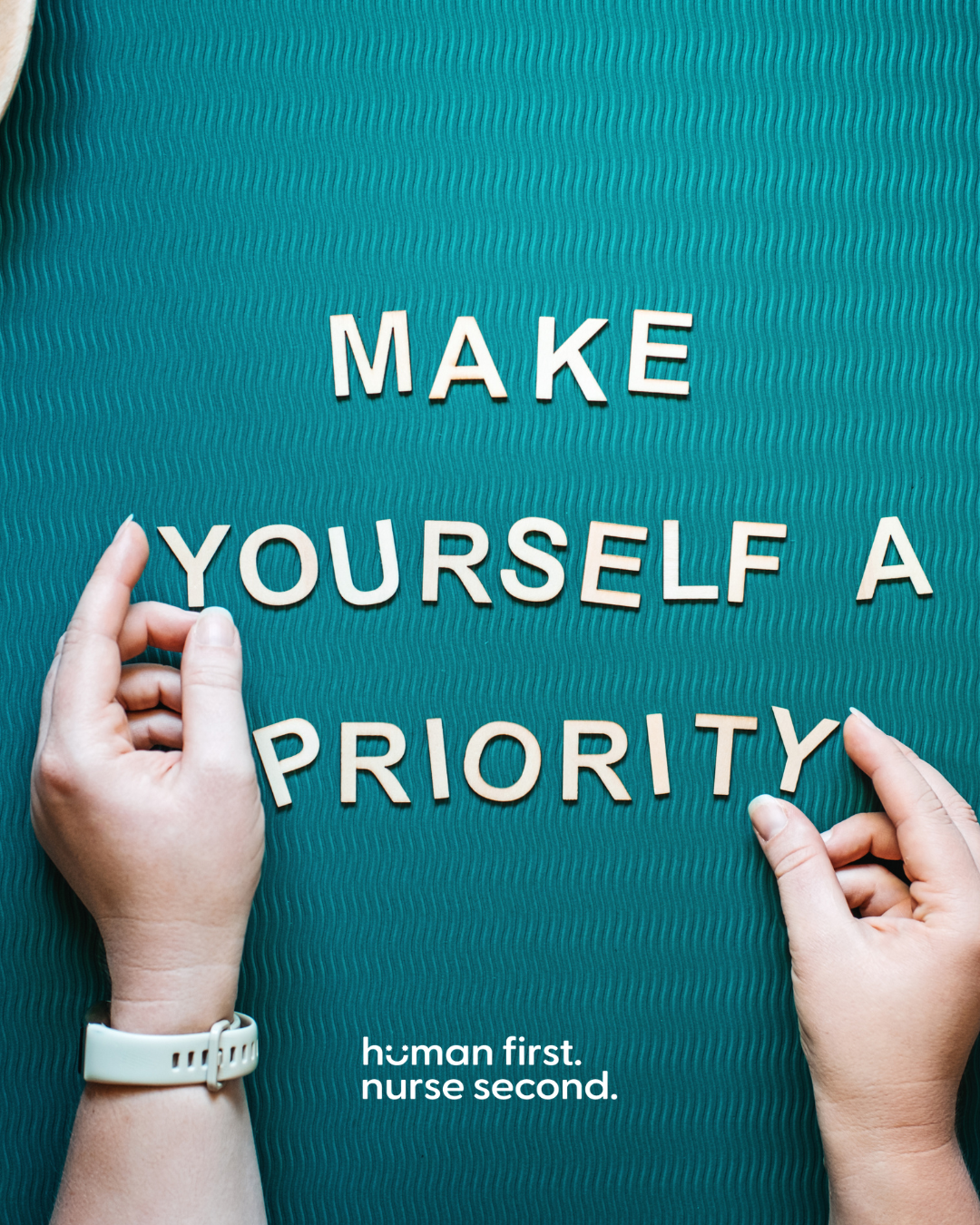In the world of 12-hour shifts, multiple admissions, and constant call lights, self-care often feels like a luxury we can't afford. But what if we could find ways to weave moments of peace into even the busiest shifts? Let's explore how to make self-care not just possible, but practical during your workday.
The Power of Micro-Moments
Forget the myth that self-care requires hours of spa time. Research shows that even 30-second interventions can significantly reduce stress and improve focus. Here's how to find these moments:
30-Second Resets
- Deep breathing while washing hands
- Shoulder rolls while charting
- Mindful moments during medication scans
- Quick stretches at the nurses' station
2-Minute Renewals
- Hydration breaks with intention
- Quick meditation between tasks
- Positive affirmation review
- Gratitude practice during routine tasks
5-Minute Revivals
- Break room mindfulness
- Quick journaling session
- Stress-relief stretches
- Connection with colleagues
Transforming Your Break Room Experience
Turn your break room time into a true reset:
Physical Space
- Create a calming corner
- Bring in natural elements
- Maintain organization
- Establish quiet zones
Mental Space
- Practice present-moment awareness
- Leave unit stress at the door
- Focus on mindful eating
- Connect meaningfully with colleagues
Building Supportive Unit Culture
Create an environment where self-care is normalized:
- Support each other's break times
- Share wellness tips and resources
- Create buddy systems for checks and balances
- Celebrate self-care wins together
Unit-Specific Self-Care Strategies
For High-Acuity Units
- Quick grounding techniques between emergencies
- Stress-release exercises during documentation
- Team debriefing after intense situations
For Med-Surg Units
- Time management techniques that include self-care
- Movement integration during rounds
- Mindful moments during routine tasks
For Specialty Units
- Adapted relaxation techniques for your environment
- Unit-specific stress management
- Role-based wellness strategies
Creating Your Personal Self-Care Toolkit
Essential Items
- Water bottle with time markers
- Healthy, easy-to-eat snacks
- Stress-relief tools (stress ball, fidget toy)
- Personal affirmation cards
Digital Resources
- Meditation apps for quick breaks
- Timer for self-care reminders
- Wellness tracking tools
- Supportive community connections
Mindfulness Between Moments
Learn to find peace in the spaces between tasks:
- Walking meditation between rooms
- Gratitude practice during routine procedures
- Mindful hand washing
- Intentional breathing during documentation
Physical Wellness During Long Shifts
Movement Integration
- Stretching during phone calls
- Proper body mechanics practice
- Mini-exercises during downtime
- Posture awareness while charting
Nutrition and Hydration
- Strategic meal planning
- Hydration schedule
- Energy-sustaining snacks
- Mindful eating practices
Emotional Well-being at Work
Boundary Setting
- Learning to say no professionally
- Managing emotional energy
- Creating work-life separation
- Establishing professional limits
Connection Building
- Meaningful peer relationships
- Supportive mentorship
- Healthy team dynamics
- Professional growth opportunities
Making It Sustainable
Remember, sustainable self-care isn't about perfect execution – it's about consistent small actions:
- Start with one small change
- Build habits gradually
- Adjust strategies as needed
- Celebrate small wins
- Share successes with others
Community Support and Resources
Join our nursing community in prioritizing self-care:
- Share your self-care moments with #NursesInspireNurses
- Connect with fellow nurses
- Access our wellness resources
- Participate in community challenges
Moving Forward
Self-care isn't selfish – it's essential for providing the best possible care to your patients. By incorporating these micro-moments of peace into your shifts, you're not just taking care of yourself; you're becoming a better nurse.
Remember, every moment of self-care, no matter how small, is an investment in your well-being and your practice. Start small, stay consistent, and watch how these tiny changes create significant impacts in your nursing life.


